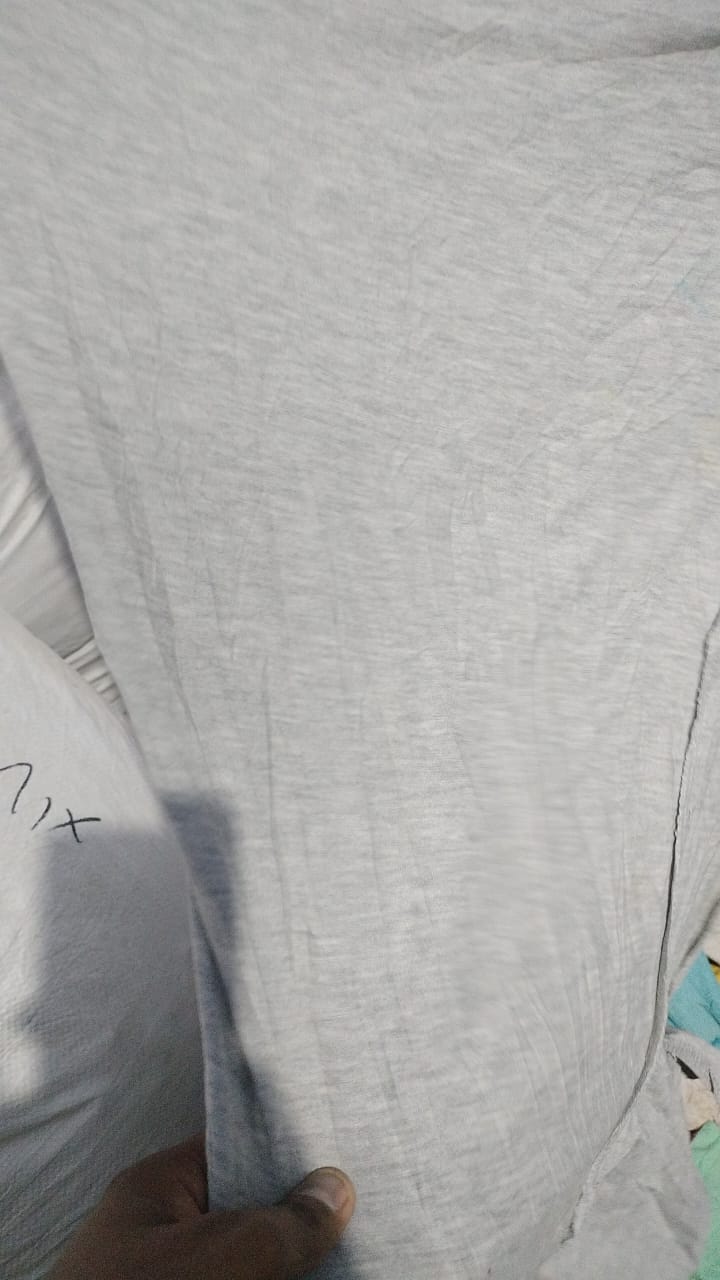In a bustling corner of Mumbai, Raj Mehta, a 32-year-old eco-conscious entrepreneur, was on a mission. As someone deeply committed to sustainable living, Raj had always believed in the power of small changes to make a big impact. One day, while scrolling through his favorite eco-friendly blog, he stumbled upon a concept that piqued his interest—t-shirts made from cotton waste. Intrigued, he decided to delve deeper into this innovative solution that promised to transform textile trash into wearable treasure.
Raj, like many environmentally conscious consumers, was increasingly troubled by the fashion industry’s notorious contribution to environmental pollution. The textile industry is one of the largest polluters in the world, with cotton waste being a significant contributor. This reality posed a major problem for eco-warriors like Raj, who found themselves caught between their love for fashion and their commitment to sustainability. The idea of cotton waste t-shirts seemed like a perfect solution—a practical way to address this problem while staying true to his values.
To understand the impact of this solution, let’s take a closer look at how these t-shirts are made. Cotton waste, which would otherwise end up in landfills, is collected and processed into new fabrics. This process not only reduces waste but also minimizes the need for new raw materials, thereby conserving resources and reducing the carbon footprint associated with traditional cotton farming. For Raj, wearing a cotton waste t-shirt meant being part of a larger movement towards a more sustainable and circular economy.
The journey of Raj’s cotton waste t-shirt began in a textile factory in Surat, where innovative artisans have mastered the art of transforming discarded cotton into high-quality garments. Raj marveled at the craftsmanship and the attention to detail that went into creating each piece. The soft texture and vibrant colors of the t-shirt were indistinguishable from those made of conventional cotton, yet they carried a deeper significance—each garment was a testament to the possibility of change and innovation in an industry ripe for disruption.
Raj was not alone in his quest for sustainable fashion solutions. Across India, a growing community of environmentally conscious individuals was embracing cotton waste t-shirts as a viable alternative to traditional clothing. In Delhi, Neha Sharma, a sustainability consultant, had adopted these t-shirts as a staple in her wardrobe. For Neha, wearing cotton waste t-shirts was not just about making a fashion statement; it was about advocating for a cause she believed in. She often shared her experiences on social media, educating her followers about the benefits of supporting sustainable fashion.
Incorporating cotton waste t-shirts into our everyday lives can have a profound impact. Imagine a world where textile waste is no longer a burden, but rather a valuable resource. This shift in perspective has the potential to redefine the fashion industry, creating a more sustainable future for generations to come. By choosing garments made from cotton waste, consumers like Raj and Neha are sending a powerful message to fashion brands—sustainability is not just a trend, but a necessity.
As Raj proudly wore his cotton waste t-shirt to a local eco-friendly market, he felt a sense of fulfillment and pride. He was no longer just a spectator in the fight against environmental degradation; he was an active participant, making choices that aligned with his values. The simple act of wearing a t-shirt had become a symbol of his commitment to a greener world.
In conclusion, the story of cotton waste t-shirts is one of innovation, responsibility, and hope. For eco-conscious consumers like Raj, these garments offer a practical solution to a pressing problem, providing an opportunity to make a difference one t-shirt at a time. As more individuals embrace this sustainable alternative, the ripple effect will be felt throughout the fashion industry and beyond. Together, we can transform textile trash into treasure, paving the way for a more sustainable and environmentally friendly future.
Visit Vyaparify Site:
https://id.vyaparify.com/sharda-enterpriseLocation:
https://www.google.com/maps/place/Sharda+Enterprise/@22.9588106,72.6488951,17z/data=!3m1!4b1!4m6!3m5!1s0x395e89d48f9579cb:0xb919d953e31add88!8m2!3d22.9588057!4d72.65147!16s%2Fg%2F11s8wxxwmg?entry=ttu 
